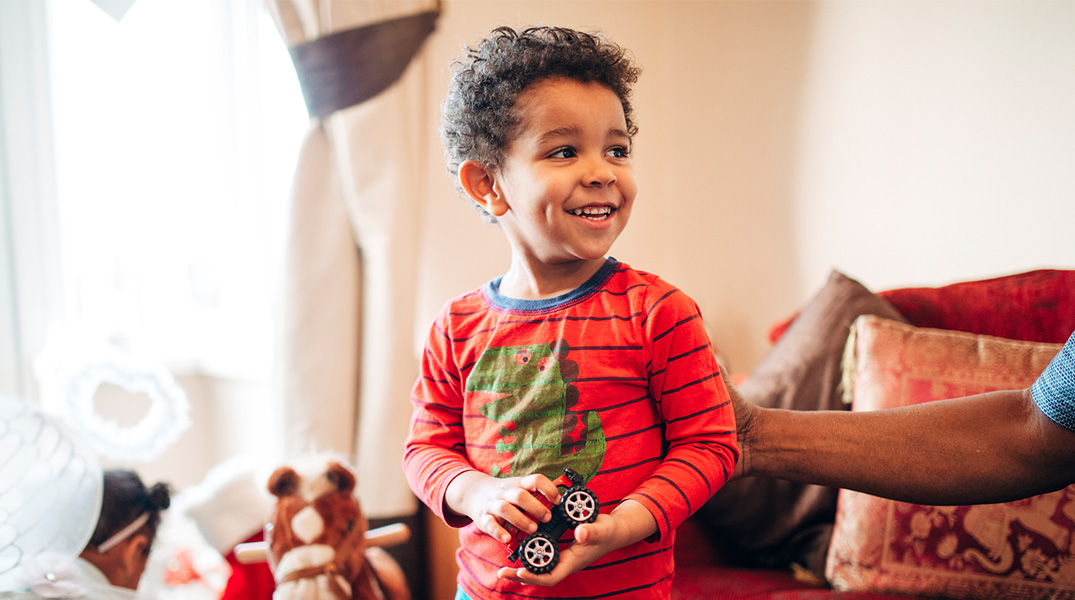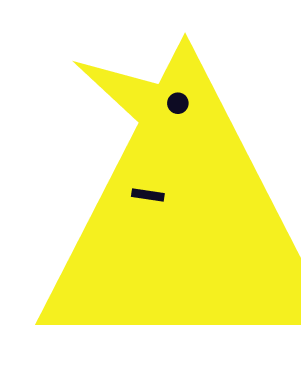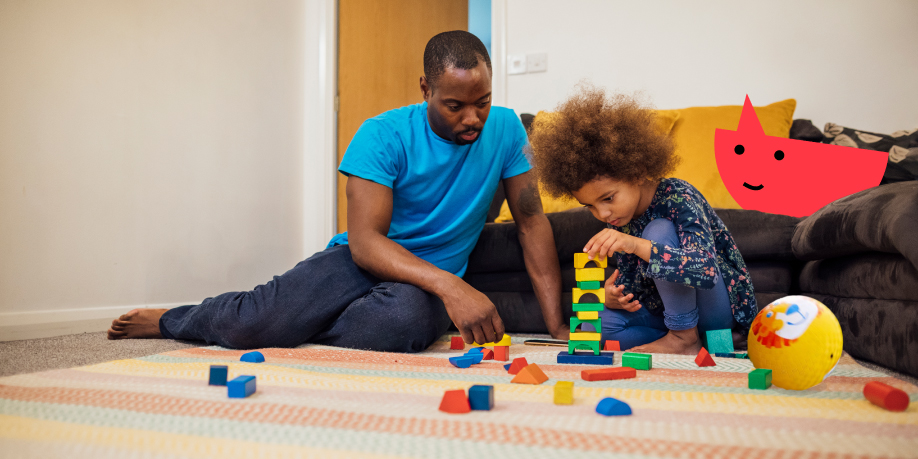4-5 years
This is a guide to how children typically develop their talking and understanding of words between 4 and 5 years.

Children develop skills at different rates, but by 5 years usually children will:
- Listen to and follow requests without having to stop what they are doing. For example, they can listen to you and answer while they carry on playing.
- Understand longer instructions, for example ‘Find your crayons, draw a picture and give it to Grandma’.
- Understand and answer questions about simple stories with no pictures.
- Choose their own play mates and play make believe games, such as pretending to be Spiderman.
- Take turns in longer conversations and stay on the same topic.
- Understand words like ‘first’ and ‘next’ in a sentence. For example, ‘First we’re going to the shop, next we’ll play in the park’.
- Understand words such as ‘above’, ‘below’ and ‘between’ to describe the position of things.
- Use long and detailed sentences. For example, ‘We went to the park but we came home because Joe hurt himself’. Don’t worry if they still make little mistakes like saying ‘sheeps’ instead of sheep or ‘goed’ instead of went.
- Talk about things that have already happened or will happen in the future. For example, ‘Yesterday we went to visit Auntie Jan’.
- Talk about things they imagine or make up, using words like ‘I think…’.
- Say most words clearly when they are talking – people who don’t know them can understand them all the time. Don’t worry if they still struggle with some sounds like th, str or r, or make little mistakes like saying ‘wabbit’ for rabbit, ‘bow’ for blow or ‘sketti’ for spaghetti.
- Talk quite smoothly. They don’t repeat the first sound in words or get stuck trying to get a word out.
Resource library for families

Things to look out for
Some children struggle with learning to talk and understand words. Possible signs to look at for at this age include:
- Your child isn’t talking in full sentences. For example, they say things like ‘play ball’ instead of, ‘The dog is playing with the ball’.
- Your child struggles to find the right words to say what they want.
- Your child struggles to have a conversation with you that makes sense.
- Your child struggles to say the right sounds in words so that people can understand them.
If you notice any of these things, talk to your child’s school or GP, or contact our free speech and language advice line, which is a confidential phone call with an experienced speech and language therapist. During the 30-minute call, you will be given the opportunity to talk through your concerns and questions regarding your child’s development. You can book your phone call here.
For tips on how you can support your child’s communication skills, have a look at some of our parent resources:

